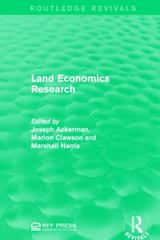Question
Take an infinite-horizon economy in which the representative agent gains utility from two goods: consumption ???? and leisure ????. This individual can also choose to
Take an infinite-horizon economy in which the representative agent gains utility from two goods: consumption ???? and leisure ????. This individual can also choose to hold stocks or bonds, denoted as ???? and ????, respectively. Each stock is valued at the price ???? and pays out the dividend ????. Each one-period bond has a face value of one and is sold at the price ????????????. The bonds also pay out a constant coupon amount ???? after one period. Assume that consumption goods are valued at ???? while each unit of labor are paid a nominal wage ????. In this economy, wages are also taxed at a constant rate ???? per unit of work. a. (4 points) State the optimization problem and indicate the first order conditions faced by the representative agent. b. (3 points) Solve for the marginal rate of substitution between consumption and leisure. Explain your findings. c. (2 points) Explain how the marginal rate of substitution may change with the introduction of a tax on consumption.
Step by Step Solution
There are 3 Steps involved in it
Step: 1

Get Instant Access to Expert-Tailored Solutions
See step-by-step solutions with expert insights and AI powered tools for academic success
Step: 2

Step: 3

Ace Your Homework with AI
Get the answers you need in no time with our AI-driven, step-by-step assistance
Get Started


